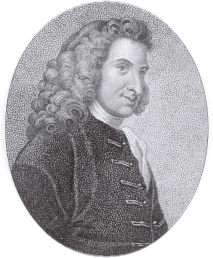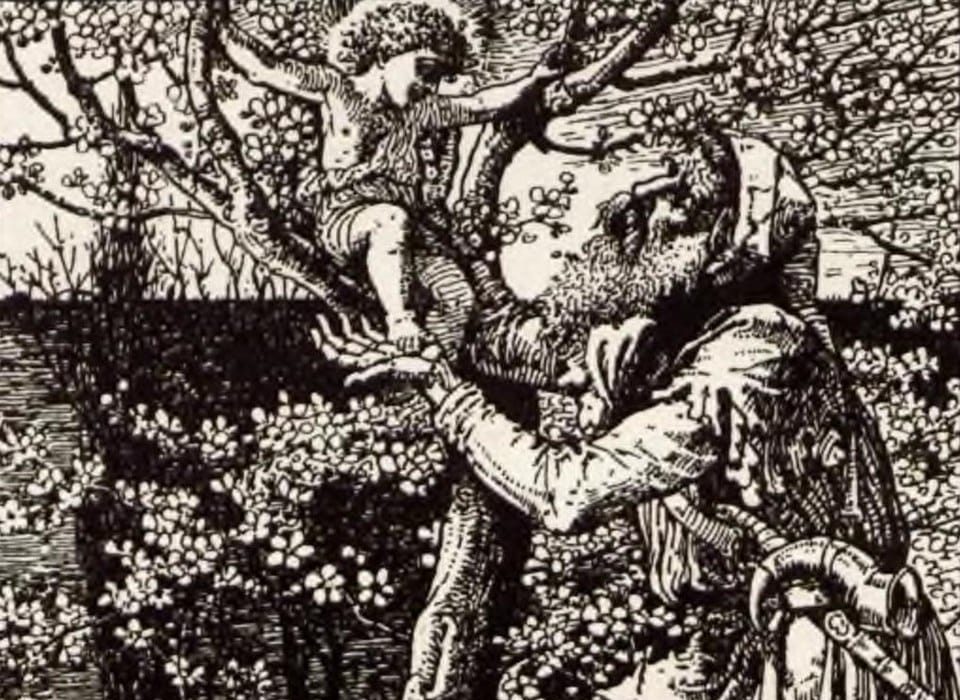In this post, we are going to look at the life of Henry Fielding. Fielding was a pioneer of novel writing, a playwright, and a London judge. He was also a satirist, and he had many successes at making the elite cringe.
Biography
Fielding was born April 22, 1707 in Sharpham Park in Somerset, England. As a young man he studied classics and law at the university in Leiden. The Theatrical Licensing Act of 1737, which happens to be an important and pivotal moment that we discussed on the blog, saw Fielding resume his pursuits of law because the theatre had become heavily censored by the British Government. Fielding was a fan of producing rather scathing plays critical of the ruling class.
Obviously, these two competing ideas cannot coexist peacefully. As such, he assumed the role that many writers of his era assumed and tackled complex issues in his writing. As Nasrullah Mambrol states in Analysis of Henry Fielding’s:
“These various sources, influences, and beliefs are molded into coherent works of art through Fielding’s narrative technique,” Mambrol states. “It is through the role of the narrator that he most clearly and successfully experiments in the methods of teaching a moral lesson. Starting with the voice of direct literary parody in Shamela and moving through the varied structures and voices of the other novels, Fielding’s art leads in many directions, but it always leads to his ultimate concern for finding the best way to teach the clearest moral lesson“ (Mambrol).
Turning to writing
While involved with the law, Fielding continued to write. In 1742, he wrote Joseph Andrews, which is considered by some historians as one of the first novels ever produced in the English language. However, his fame as a playwright takes precedence due to the lowly opinion of novelists during his time. Playwrighting netted the larger audience. As for novels, Fielding wrote Shamela, (1741) The Life and Death of Jonathan Wild, the Great, (1743) The History of Tom Jones, a Foundling, (1749) and Amelia (1751) (Britannica).
Judge Days
Later in his life, Henry Fielding became London’s chief magistrate and garnered a reputation as incorruptible throughout his career. He started one of the first police forces. They were called the Bow Street Runners. Fielding suffered from gout, asthma, and dropsy, or a swelling of soft tissue due to excess water. He died on Oct. 8, 1754.





Leave a comment